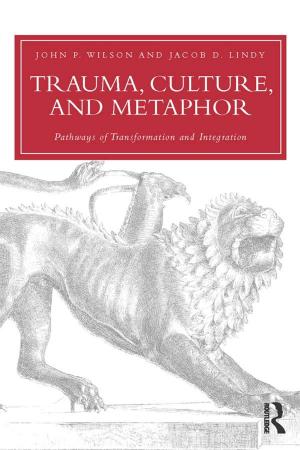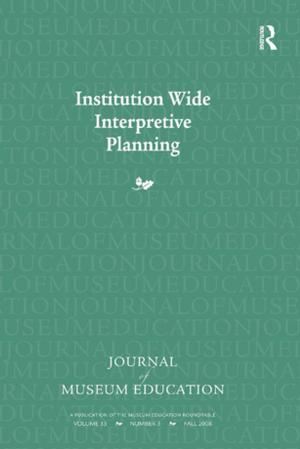The Crisis of the European Union
Challenges, Analyses, Solutions
Nonfiction, Social & Cultural Studies, Political Science| Author: | ISBN: | 9781315443669 | |
| Publisher: | Taylor and Francis | Publication: | July 20, 2017 |
| Imprint: | Routledge | Language: | English |
| Author: | |
| ISBN: | 9781315443669 |
| Publisher: | Taylor and Francis |
| Publication: | July 20, 2017 |
| Imprint: | Routledge |
| Language: | English |
The European integration project currently faces profound political, economic, legal, and societal challenges. These challenges seem increasingly to overburden the European Union as well as the cohesion among the Member States, and therefore pose a serious threat to the integration project. The EU faces a major task in coping with this situation and it is one that calls for new approaches and ideas
This book addresses the major challenges confronting the EU, analyses the consequences for the integration project, and develops fresh perspectives on the EU’s future prospects for coping with the most debated, current and upcoming issues, such as the rise of Euroscepticism or the contested idea of an ‘ever-closer union’. Renowned experts in European Studies from the fields of political science, law, economics and sociology provide an interdisciplinary perspective on the different dimensions of the EU’s crisis-laden situation and question whether the EU’s existing problem-solving mechanisms and methods are sufficient to address the imminent tasks.
This text will be of key interest to scholars and students of EU Politics, European Politics, European Governance, and more broadly European law, history and the wider social sciences.
The European integration project currently faces profound political, economic, legal, and societal challenges. These challenges seem increasingly to overburden the European Union as well as the cohesion among the Member States, and therefore pose a serious threat to the integration project. The EU faces a major task in coping with this situation and it is one that calls for new approaches and ideas
This book addresses the major challenges confronting the EU, analyses the consequences for the integration project, and develops fresh perspectives on the EU’s future prospects for coping with the most debated, current and upcoming issues, such as the rise of Euroscepticism or the contested idea of an ‘ever-closer union’. Renowned experts in European Studies from the fields of political science, law, economics and sociology provide an interdisciplinary perspective on the different dimensions of the EU’s crisis-laden situation and question whether the EU’s existing problem-solving mechanisms and methods are sufficient to address the imminent tasks.
This text will be of key interest to scholars and students of EU Politics, European Politics, European Governance, and more broadly European law, history and the wider social sciences.















